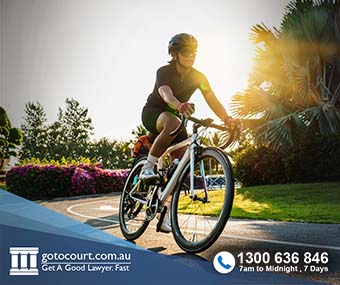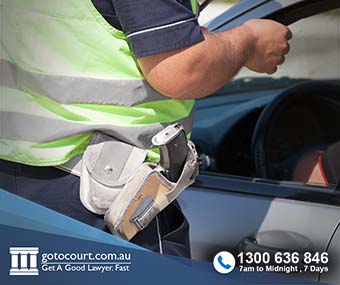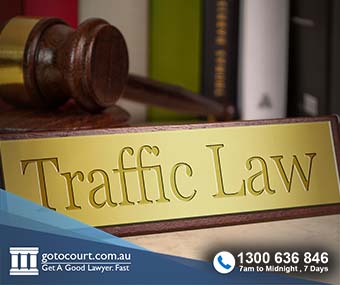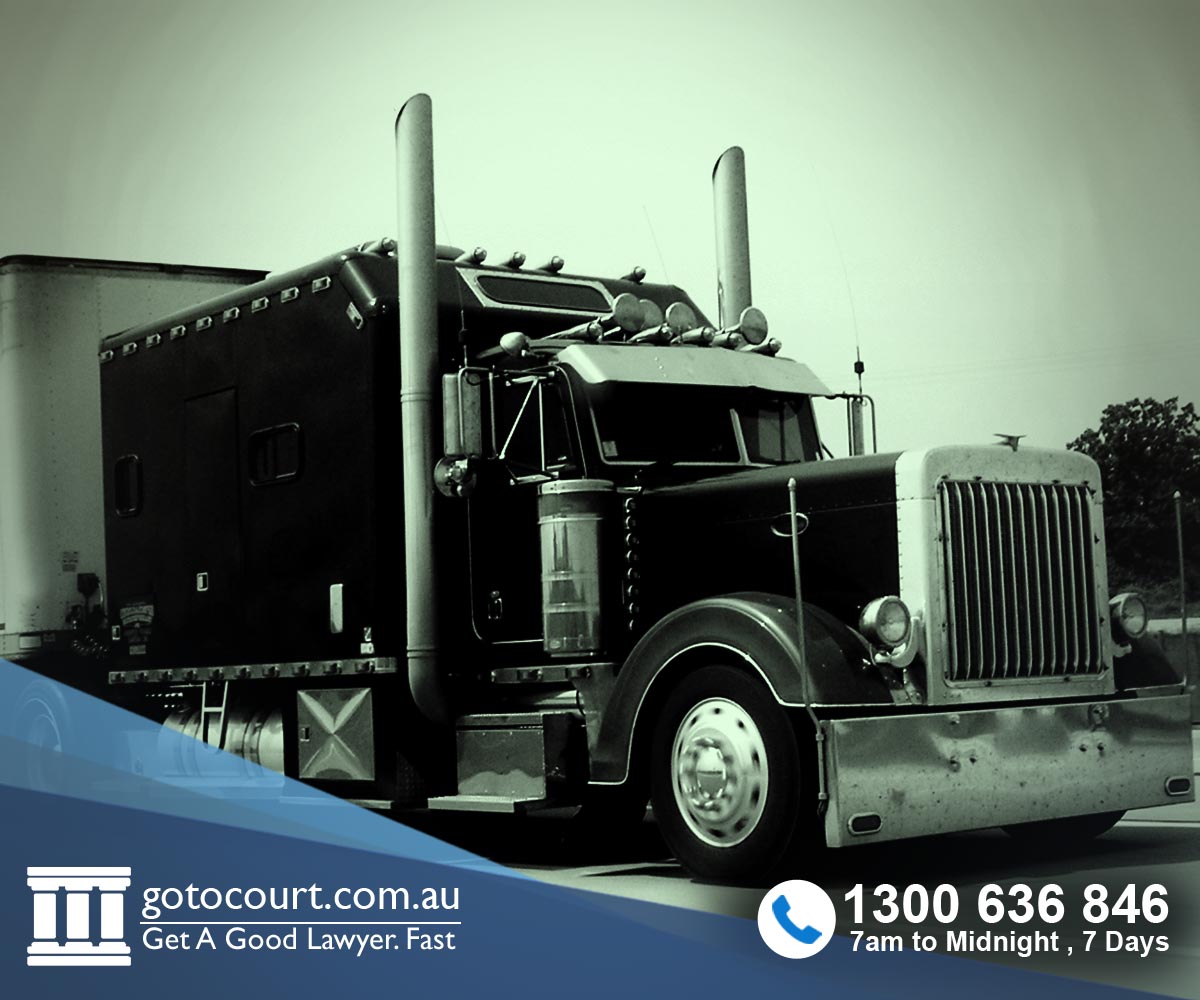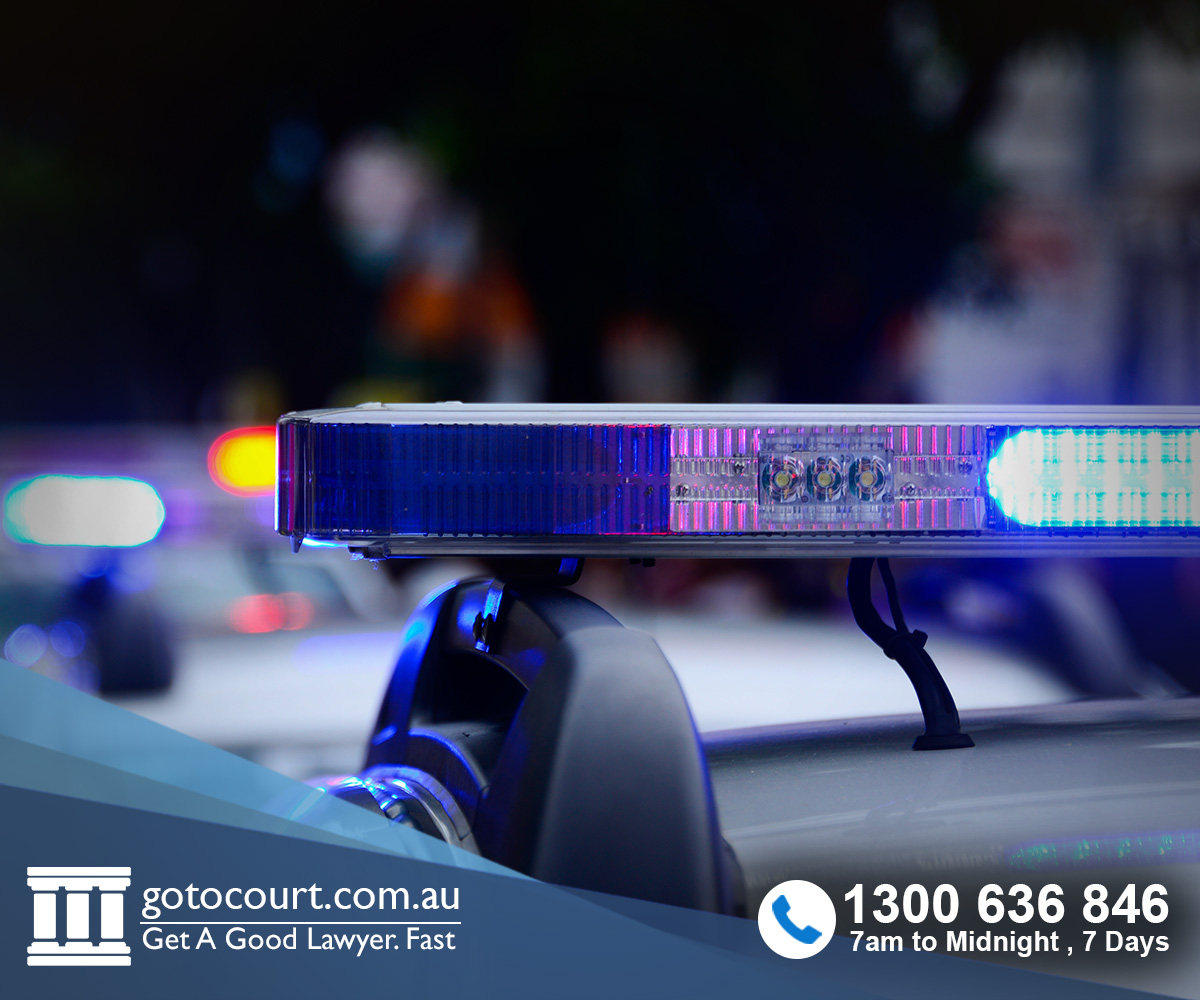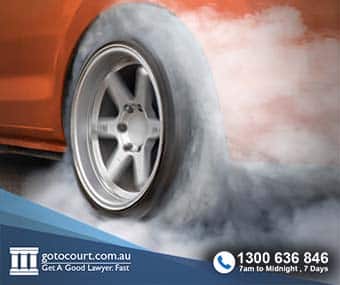What To Do After Motor Vehicle Accidents (NSW)
Motor vehicle accidents are stressful and even minor accidents can raise complex legal questions about who is responsible for damage to vehicles or injuries. It is important that anyone who is involved in a motor vehicle accident understands their rights and what steps they need to take following the incident. Road users should be aware that the following steps need to be taken following any minor motor vehicle accident in New South Wales.
- Remain calm
Anyone involved in a motor vehicle accident is likely to be highly emotional and could be in a state of shock, stressed, angry, or hysterical. It is important to remember to stay calm in order to avoid escalating tensions and making the situation worse.
- Avoid admitting liability
You may feel responsible for the accident and want to apologise to the other driver or drivers involved. However motor vehicle accidents can be complicated and it is not always easy to assess who is responsible. In some cases, both drivers may be partly to blame. You may find that if you apologise at the scene of motor vehicle accidents, those apologies are later taken as an any admission of liability, which could be used against you by the other party. It is therefore vital to seek legal advice before commenting on who is responsible for motor vehicle accidents.
- Exchange details with involved parties
The Road Rules (2014) set out the duties of drivers involved in motor vehicle accidents and also impose tough penalties for motorists who breach these duties. Rule 287 (2) states that everyone involved in a motor vehicle accident must exchange their particulars with everyone else involved, including any injured parties or persons who have suffered property damage. The particulars that are required to be provided are:
- the driver’s name and address, and
- the name and address of the owner of the vehicle, and
- the vehicle’s registration number (if any), and
- any other information necessary to identify the vehicle.
In the case that the accident needs to be reported to police (see point 4 below) a driver is also required to provide an explanation as to the circumstances of the crash.
Failure to provide such particulars could result in the driver being fined up to $2,200.
- Report motor vehicle accidents to police
Further provisions in the Road Rules (2014) stipulate that drivers involved in more serious motor vehicle accidents are obligated to report the incident to a Police Officer. The circumstances where the accident must be reported to the police are:
- Where anyone is killed or injured in the crash;
- A driver fails, for any reason, to provide their particulars to any other party;
- A vehicle is required to be towed away; or
- A police officer asks for any of the particulars.
Should the accident be a more serious one involving injury, it is important to ensure that you stop and provide any assistance that is in your power to give. Failure to do so constitutes an offence under Section 146 of the Road Transport Act (2014). For a first-time offender this offence carries with it a maximum penalty of a fine of $3,300 or 18 months imprisonment, or both.
- Collect evidence
It is important to gather as much evidence as possible both while at the scene of the accident and afterwards, so that your lawyer can give you informed legal advice. Key pieces of evidence that you could obtain include: photographs of the damage to any vehicles or property, a written statement from you about what occurred, a statement and/or contact details of any other witnesses, a diagram of the location of the accident and quotes for repairing any damage to your vehicle.
- Seek legal advice
Having done the above, you should seek legal advice so that you can better understand your position. Your lawyer will be able to advise you on the issue of negligence which will give you a clearer idea of who was at fault in the accident. He or she will also be able to provide you with an assessment of any damages for which an at-fault party may be liable.
Your lawyer will also be able to advocate on your behalf. This could involve corresponding and negotiating with other parties. If necessary, your lawyer can also walk you through the process of making or responding to a claim in Court.


